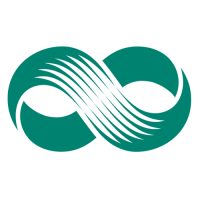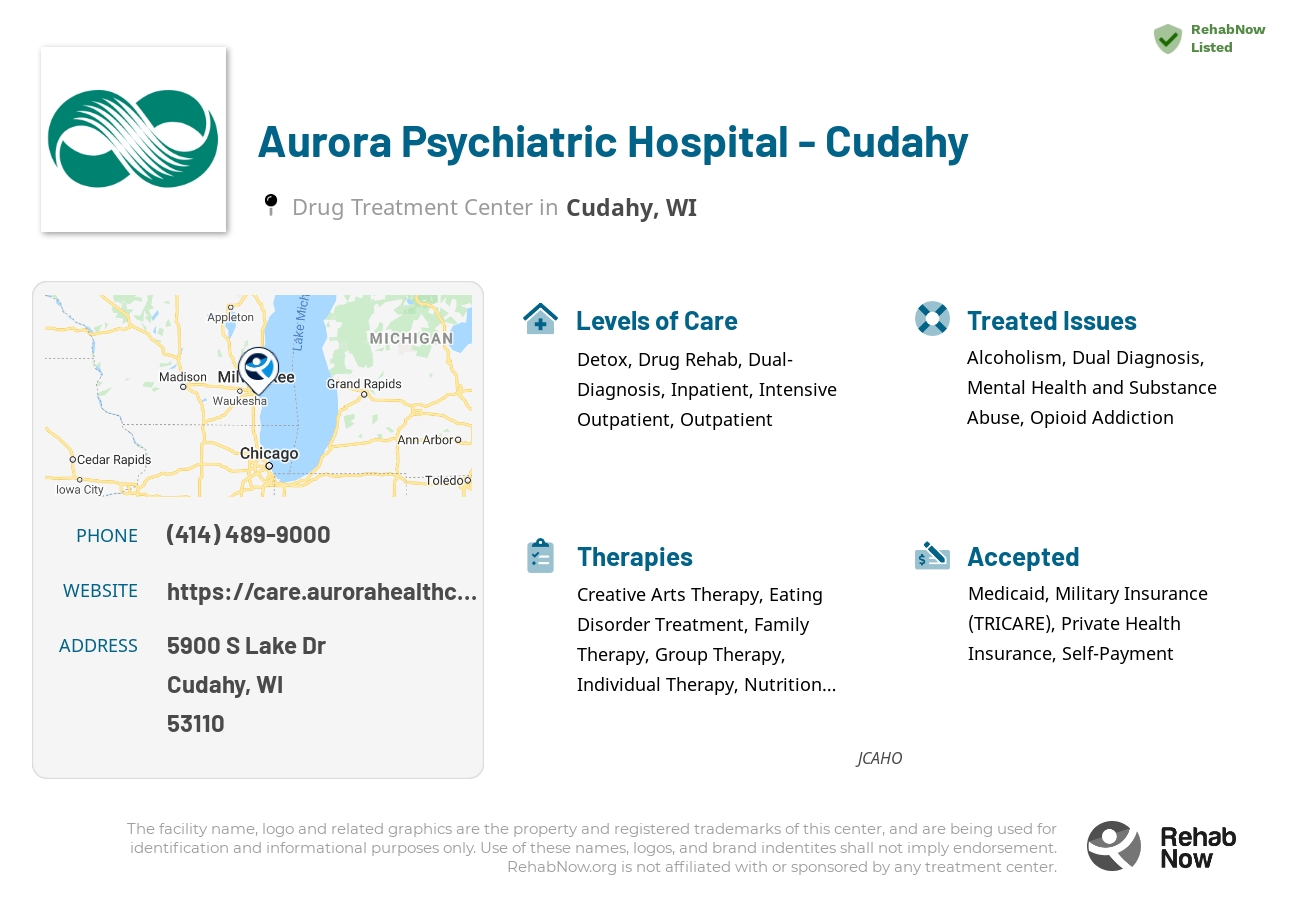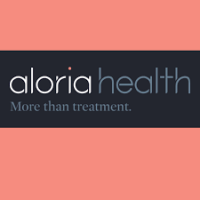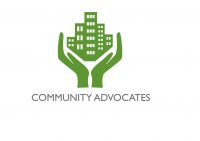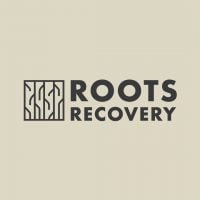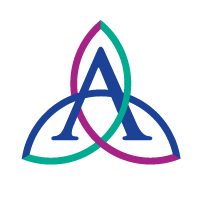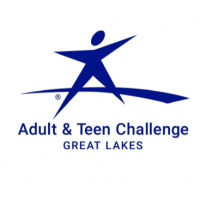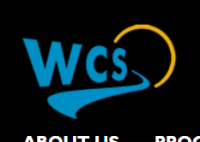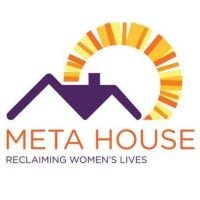Aurora Psychiatric Hospital - Cudahy
Drug Rehab Center in Cudahy, Wisconsin
Aurora Psychiatric Hospital in Cudahy, Wisconsin is an accredited Joint Commission on Accreditation of Healthcare Organizations provider offering a wide array of evidence-based treatment options, detoxification and drug rehab services, and a safe and supportive atmosphere for inpatient and intensive outpatient programs to support patients' mental health and/or addiction needs.
About Aurora Psychiatric Hospital - Cudahy in Wisconsin
Aurora Psychiatric Hospital–Dewey Center, located in the heart of Cudahy, Wisconsin, stands out as a beacon of hope for adults battling with addiction and mental health issues. This comprehensive facility is renowned for its dual diagnosis care, offering a range of services including medically supervised detox, inpatient, outpatient, and aftercare. Its personalized approach and dedicated programming for diverse groups, including young adults, seniors, and persons with hearing impairment, make it unique.
- Medically Supervised Detox ensures clients are safely supported through withdrawal with 24/7 medical supervision.
- Specialized Programming caters to the unique needs of young adults, seniors, and those with hearing impairments, providing a tailored recovery experience.
- Comprehensive inpatient and outpatient services support individuals at every stage of their recovery journey, focusing on sustained sobriety.
The hospital's commitment to excellence is underscored by its accreditation from the Joint Commission on Accreditation of Healthcare Organizations (JCAHO). It accepts a wide range of payment options, including private and military insurance, Medicare, Medicaid, and self-pay, making treatment accessible to many.
Aurora Psychiatric Hospital–Dewey Center addresses a wide spectrum of addictions and issues, including alcoholism, opioid addiction, eating disorders, drug addiction, and dual diagnosis. Treatment methods include evidence-based therapies such as CBT, DBT, and motivational interviewing, alongside innovative care like yoga and mindfulness, ensuring a holistic path to recovery.
Genders
Ages
Modality
Additional
Accreditations

JCAHO
Conditions and Issues Treated
Opioid addiction has become a significant health problem in the United States. When a person’s life becomes unmanageable because of an opioid addiction, treatment can help them get sober. Treatment includes medical care and counseling.
“With so many people struggling with opioid addiction, we need more care and attention for those who want to quit. Opioid addicts often take opioids when they experience a painful injury – that’s how the cycle starts! When someone begins taking their medication differently than prescribed or takes an excessive amount of drugs, it means they’re hooked on drugs and in danger of overdosing.
The most successful way to beat this is through detoxing from these types treatments at Aurora Psychiatric Hospital - Cudahy in . Most facilities start by using medical support during the process while providing counseling services; rehabilitation comes later on after treatment has been completed successfully.
A “dual diagnosis” is when the individual has two medical issues at the same time. The top co-occurring mental disorders with addiction are depression, anxiety, ADHD, bi-polar disorder. Addiction is also considered a mental illness that is not a choice but rather a medical condition. Addiction can be caused by any number of underlying issues.
Dual diagnosis is provided by Aurora Psychiatric Hospital - Cudahy to treat addictive tendencies as well as any untreated mental illnesses. This ensures successful long term health and recovery for patients after treatment has been completed.
Dual diagnosis is provided by Aurora Psychiatric Hospital - Cudahy to treat addictive tendencies as well as any untreated mental illnesses for people in Wisconsin. This ensures successful long term health and recovery for patients after treatment has been completed.Levels of Care Offered
This center offers a variety of custom treatment tailored to individual recovery. Currently available are Detox, Drug Rehab, Dual-Diagnosis, Inpatient, Intensive Outpatient, Outpatient, with additional therapies available as listed below.
The first level of recovery is detox. It involves giving a person the opportunity to get the toxins out of their body safely. The individual receiving treatment at Aurora Psychiatric Hospital - Cudahy typically will get ill during detox, and they will often start using again to get rid of unpleasant emotions and complicated physical responses. It is why having a Wisconsin medical professional present is so critical. A medical professional can make sure that patients do not start using again during detox and stay physically healthy during the process. They will also have treatment on a mental level to relieve their symptoms and guide them through the process.
Going to an inpatient rehab facility means living there while all aspects of addiction or co-occurring disorder get addressed. The treatment involves medical supervision, therapy, and future planning.
This type of rehabilitation provides a drug-free environment for people who struggle with chronic/long-term addiction without having access to drugs outside the center (or their own home). It takes away any distractions because they live there 24 hours per day. If someone is trying to break out old habits, which could lead them back into substance abuse, things like jobs or school can be put on hold until after they complete their stay to focus solely on recovery.
Outpatient addiction treatment is beneficial for people who are able to function well in their day-to-day lives. It is recommended for people who are not yet ready to end their relationships with friends or family members who might be encouraging drug and alcohol use.
Intensive outpatient treatment is beneficial for:
- People who are able to attend treatment more than 3 times per week.
- People who do not meet the criteria for inpatient treatment.
- People who are able to contribute to their own recovery outside of the treatment center.
- People who are motivated towards recovery.
- People who are able to overcome addiction on their own without the need for higher levels of care.
Outpatient programs at Aurora Psychiatric Hospital - Cudahy, the Cudahy resident can live with their family while continuing with their job or studies. Treatment includes educating the patient on drug abuse, medications, and counseling sessions at the individual or group level. Outpatient treatment plans cover diagnosis, detoxification, management, and counseling. They are a popular option for those who have graduated from inpatient facilities.
Therapies & Programs
Individual therapy is a form of counseling where you meet with a trained professional one-on-one. Meeting with a therapist in this setting allows for a personal and trusting relationship to be built. This allows the patient to open up about sensitive or private issues they may not feel comfortable discussing in a group. Individual therapy helps identify the root causes of your addiction, which can help prevent relapse.
Family therapy is often done alongside drug treatment to help addicts stay sober. The goal of family therapy for drug addiction is to create an environment where communication can happen without judgment, hostility, or blame. The therapist will sit with the family so they can learn how to communicate differently and provide new tools for dealing with emotions so that people don’t want to drink or do drugs. It’s important for families to focus on relapse prevention plans during treatment so that if the addict feels like they want to use again, they’ll know what steps they need to take together to prevent it from happening again in the future.
Group therapy sessions are another common addiction recovery service. These group sessions typically involve six to 12 addicts who meet regularly with a trained professional for support and guidance.
During these sessions, the group shares their experiences with one another and provides feedback that can help each member avoid relapse or overcome specific obstacles they are facing in their recovery process. With this type of support and guidance, addicts can feel like they are part of a community that understands their struggles and will help them get through the hard times.
Cognitive Behavioral Therapy (CBT) focuses on the underlying thoughts and behaviors that caused the problem of addiction in the first place and may cause a relapse. Negative feelings are common in drug abuse disorders, but they can lead to co-occurring disorders if not recognized. CBT involves strategies that help to change the behavior pattern by restructuring negative thoughts into positive ones. It helps to remove these feelings, and it provides long-term benefits. Also, CBT promotes self-awareness and self-control. It can be administered as a monotherapy or as part of combination therapy.
CBT can improve the patient’s mood, reduce drug cravings and boost success rates on treatment plans. Regular practice can help individuals handle negative attitudes, thoughts, and feelings without turning to drugs or alcohol. The core belief of Cognitive Behavioral Therapy (CBT) is that one’s moods, behaviors, and actions are all connected. Individuals can improve their quality of life using CBT. It helps addicts understand the patterns of thought and feelings that cause them to use drugs or alcohol and develop a healthy response.
Medical nutrition therapy for addiction helps patients at Aurora Psychiatric Hospital - Cudahy avoid “trigger” foods. Someone who craves alcohol may be sugar addicted. Eating a balanced diet with adequate protein, vegetables, and fruit can help reduce drinking urges.
MNT is a type of addiction treatment that teaches patients about healthy eating habits while counseling them. These sessions include meal planning, cooking demonstrations, shopping tips, grocery store tours, and food education.
Nicotine replacement therapy is a drug treatment that allows people to get the effects of nicotine without chewing or smoking. The therapy is often done with a patch, and doses of nicotine are reduced until nicotine is no longer needed. NRT helps smokers get nicotine into their system without resorting to smoking, and it has been shown to be an effective way to help people quit smoking. Coupling NRT with counseling and other means of support gives long-term smokers a better chance of removing their unhealthy habit.
Payment Options Accepted
For specific insurance or payment methods please contact us.
Is your insurance accepted?
Ask an expert, call (888) 674-0062
Aurora Health Care Associated Centers
Discover treatment facilities under the same provider.
- Aurora Sheboygan Memorial Medical Center in Sheboygan, WI
- Aurora Behavioral Health Center - West Allis in Milwaukee, WI
- Aurora Behavioral Health Center - Delavan in Delavan, WI
- Aurora Medical Group in Oshkosh, WI
- Aurora Behavioral Health Center - Neenah in Neenah, WI
Learn More About Aurora Health Care Centers
Additional Details
Specifics, location, and helpful extra information.
Cudahy, Wisconsin 53110 Phone Number(414) 489-9000 Meta DetailsUpdated April 15, 2024
Staff Verified
Aurora Psychiatric Hospital - Cudahy Patient Reviews
There are no reviews yet. Be the first one to write one.
Cudahy, Wisconsin Addiction Information
Wisconsin has some of the highest rates in the United States for both adolescent and adult substance abuse. Since 2009, the state has been experiencing the same escalating rates of drug abuse and addiction as the rest of the country. The major concerns are the misuse of prescription painkillers and the escalating number of deaths due to alcohol-related liver disease.
Treatment in Nearby Cities
- De Pere, WI (105.1 mi.)
- Platteville, WI (134.0 mi.)
- Washburn, WI (298.4 mi.)
- West Allis, WI (9.6 mi.)
- Eau Claire, WI (223.3 mi.)
Centers near Aurora Psychiatric Hospital - Cudahy
The facility name, logo and brand are the property and registered trademarks of Aurora Psychiatric Hospital - Cudahy, and are being used for identification and informational purposes only. Use of these names, logos and brands shall not imply endorsement. RehabNow.org is not affiliated with or sponsored by Aurora Psychiatric Hospital - Cudahy.
